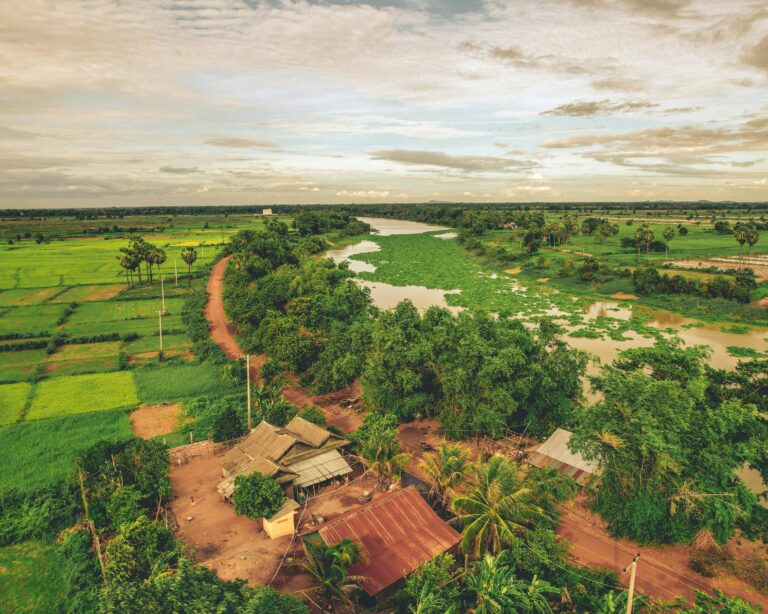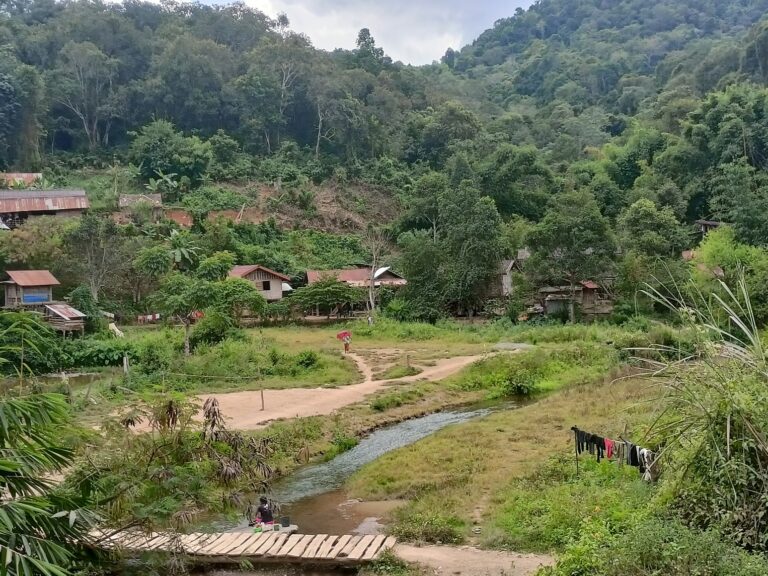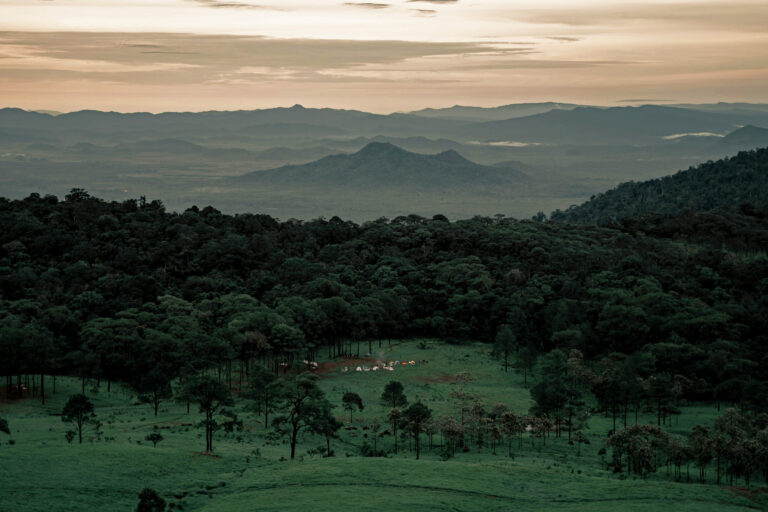Project Description
Myanmar is highly vulnerable to weather-related hazards and climate change, with floods, cyclones, droughts, and landslides occurring regularly across the country. Despite recent progress in policy development for disaster risk management and climate adaptation, key capacity gaps remained in integrating climate and disaster risk information into development planning. To address this, the Strengthening Climate and Disaster Resilience of Myanmar Communities initiative was launched. ICEM led Package 2 of the initiative—Strengthening Early Warning, Resilient Agriculture and Rural Development—focusing on building capacity among government institutions and farming communities to enhance resilience in agricultural planning.
Objectives, Activities, and Results
The project strengthened the capacities of meteorological and agricultural departments to produce and communicate agro-climatic forecasts. It trained disaster management authorities in collecting and analyzing loss and damage data and developed a GIS-based decision support tool for the Ministry of Agriculture to prioritize climate-resilient investments. Agrometeorological services and advisories were piloted with field staff and women farmers, improving seasonal planning. The project also supported village development planning to integrate climate and disaster risk considerations, prioritizing non-structural resilience measures with strong gender inclusion. These interventions contributed to more informed, inclusive, and adaptive agricultural and rural development practices across vulnerable regions of Myanmar.



